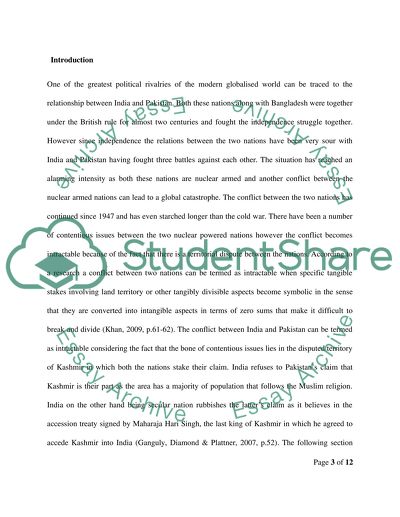Cite this document
(“Why has the conflict between India and Pakistan been so intractable Essay”, n.d.)
Retrieved from https://studentshare.org/history/1440613-why-has-the-conflict-between-india-and-pakistan
Retrieved from https://studentshare.org/history/1440613-why-has-the-conflict-between-india-and-pakistan
(Why Has the Conflict Between India and Pakistan Been so Intractable Essay)
https://studentshare.org/history/1440613-why-has-the-conflict-between-india-and-pakistan.
https://studentshare.org/history/1440613-why-has-the-conflict-between-india-and-pakistan.
“Why Has the Conflict Between India and Pakistan Been so Intractable Essay”, n.d. https://studentshare.org/history/1440613-why-has-the-conflict-between-india-and-pakistan.


